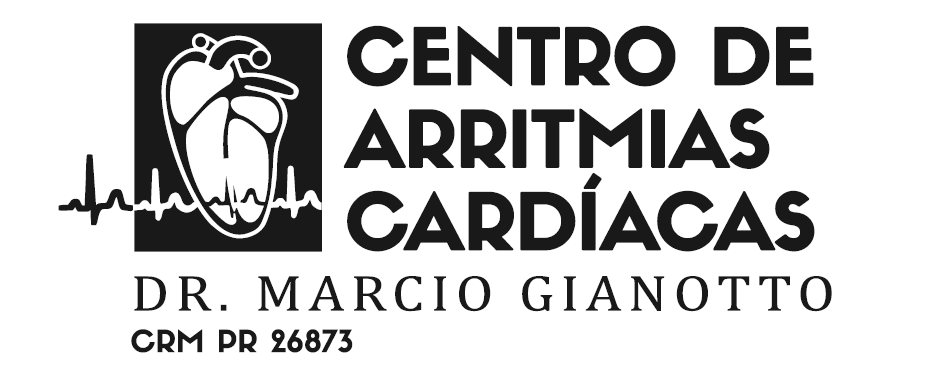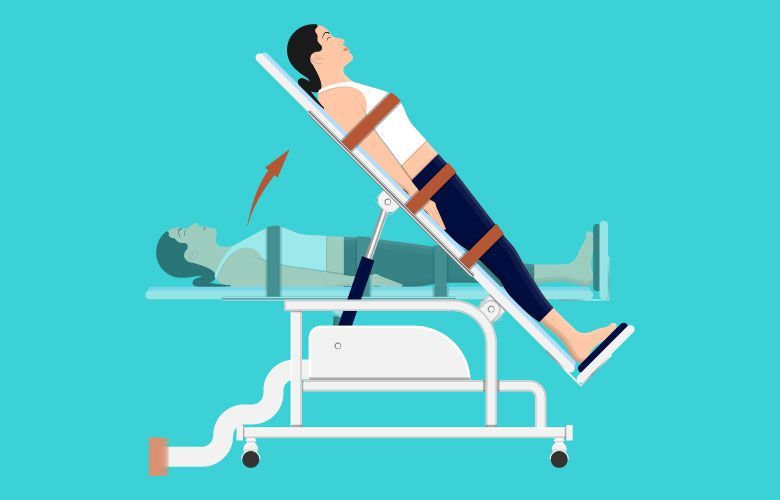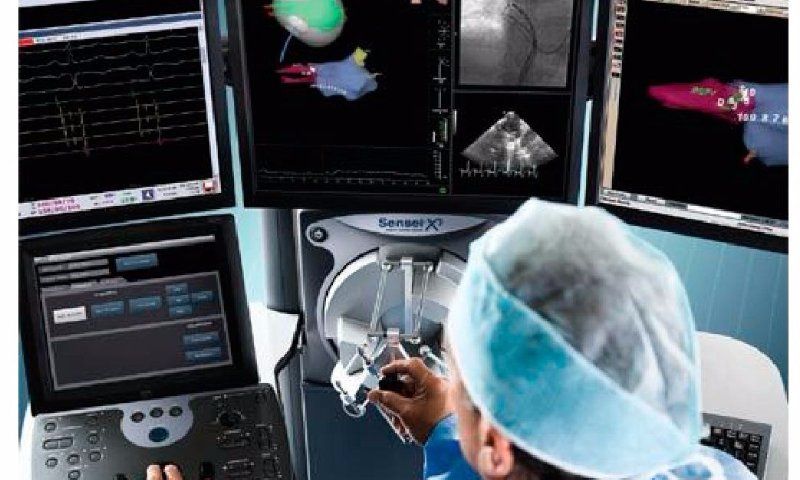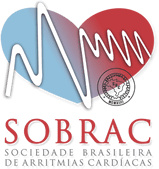CRMPR 26873 EQR's: 18399, 811 and 19314.:
Cardiology
Clinical Arrhythmia
Electrophysiology
Do you live far away and would like a medical opinion?
Participate in our second medical opinion program.
It's simple, fast and safe.
What is it?
Fainting, or vasovagal syncope, is a common episode of loss of consciousness that occurs due to an imbalance in the autonomic nervous system, resulting in a sudden decrease in blood pressure and heartbeat frequency. Although it is considered normal, when it becomes frequent it can significantly interfere with patients' quality of life. Furthermore, repetitive episodes can make these people vulnerable to accidents and physical trauma related to falls, which highlights the importance of preventive treatment.
What is the treatment like?
Autonomic Rehabilitation is a set of measures that aims to treat vasovagal fainting, a condition that can significantly interfere with patients' quality of life. These measures include dietary and behavioral guidelines, muscle contraction maneuvers, postural training (tilt-training) and physical conditioning exercises.
It is essential that the patient is informed about the non-serious nature of the problem and receives guidance to avoid factors that may trigger fainting, such as staying in hot and closed environments, standing for prolonged periods and using medications without medical advice. It is important that the patient is also advised to be aware of the initial symptoms, in order to adopt a cautious attitude towards falls.
Other measures that can be taken to prevent fainting include sleeping with the head of the bed elevated and wearing elastic socks. Increasing daily fluid intake is one of the most important measures for these patients. Furthermore, adding salt to food may be recommended, but only for patients who do not suffer from high blood pressure or heart failure.
Muscle contraction maneuvers, such as contracting the legs or arms, can increase blood pressure during the symptom phase that precedes fainting. These movements are easy to perform, have proven clinical benefit and have no contraindications.
What is tilt training?
Postural training, also known as tilt training, is a highly recommended option for treating fainting. This therapeutic program consists of carrying out a daily standing exposure session, with the back resting against a wall, for a period of 30 minutes or for as long as the patient can endure. It is important to emphasize that exercise time must be increased progressively, day after day, so that the body can gradually adapt to an upright posture.
Frequent exposure to the upright posture provided by postural training promotes a type of "conditioning" of the reflexes that control blood pressure, allowing the patient to develop greater resistance to factors that trigger fainting, such as standing for prolonged periods. It is important to highlight that tilt training must be carried out under medical supervision and can be complemented by other therapeutic options, such as Autonomic Rehabilitation and muscle contraction maneuvers.
Are there medicines or surgeries?
Some medications, such as Fludrocortisone and Midodrine, can be used to treat neuromediated syncope. However, the effectiveness of these medications is limited when compared to behavioral measures. Furthermore, the side effects of these medications can make their long-term use difficult and affect the patient's quality of life. It is important to highlight that Midodrine is the most effective medication to control symptoms, but unfortunately it is not available in Brazil. In very specific and difficult-to-control cases, cardioneuroablation, a minimally invasive procedure that uses radiofrequency to interrupt the nerve impulses responsible for syncope, may be a treatment option. However, it is essential that the patient seeks specialized medical advice before making any decision about their treatment.
What is the Test Used to Diagnose Vasovagal Syncope?

8 Frequently Asked Questions About Wolff-Parkinson-White Syndrome (WPW).
Disease that can cause rapid heartbeats (tachycardia), eventually leading to episodes of dizziness or fainting.
Click for information
Have you ever heard of arrhythmia ablation?
Ablation for Atrial Fibrillation and Other Complex Arrhythmias.
Complex ablations for the treatment of arrhythmias such as Atrial Fibrillation and cicatricial Ventricular Tachycardia are being carried out in Maringá with the help of new equipment, previously only available in large medical centers in São Paulo and other capitals.
Click for information
Doctor Qualified by SOBRAC.









